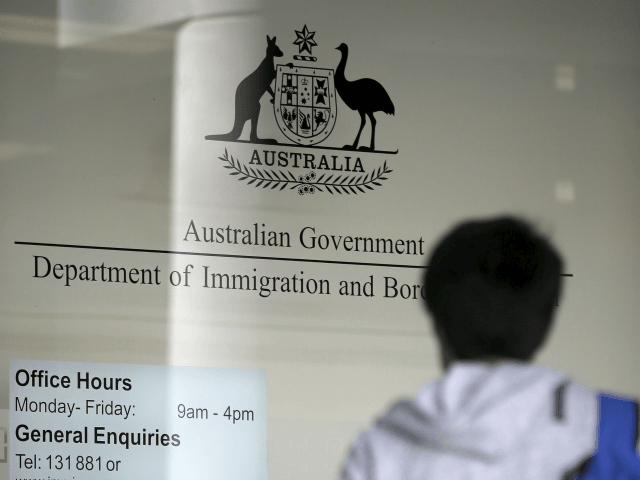Tough qualification rules and a preferrence for skilled workers has seen the number of migrants granted permanent residency in Australia fall to its lowest level in a decade.
Figures out Thursday show just over 160,300 individuals were given a permanent visa in 2018-19, slightly down on last year when 162,417 were granted permanent residency, SBS News reports.
That’s nearly 30,000 fewer than the annual migration cap of 190,000 with migration agents and applicants blaming long processing times, rather than a lack of demand for the unallocated visas. The bulk of the places were filled by skilled workers, with 109,713 granted under the skilled stream, or about 70 per cent of the total intake.
Immigration Minister David Coleman boasted of a 44 percent increase in visas granted to those willing to move outside big cities into regional centers as one of the highlights of the past 12 months.
“Our population plan will ease the pressure on the big capitals while supporting the growth of those smaller cities and regions that want more people,” Coleman said.
The government’s reduced cap on annual permanent migration to 160,000 comes into effect this financial year, as it tries to address concerns about high numbers of foreign entries to the country.
This follows the release of polling data in January that showed soaring house prices and crowded cities have combined to convince a clear majority of Australians that the country’s immigration push must end.
As Breitbart News reported, just 30.4 per cent of Australians now believe the country needs more people, according to a poll conducted by the Australian National University (ANU).
This was compared to 69.6 per cent who felt Australia did not need more people, a dramatic increase since a similar poll was done in 2010.
Last year, Prime Minister Scott Morrison said he intended to cut Australia’s permanent migration intake by about 30,000 people, citing public concern about congested cities.
“They are saying: enough, enough, enough,” Mr Morrison told the 2018 Bradfield Oration in November.

COMMENTS
Please let us know if you're having issues with commenting.